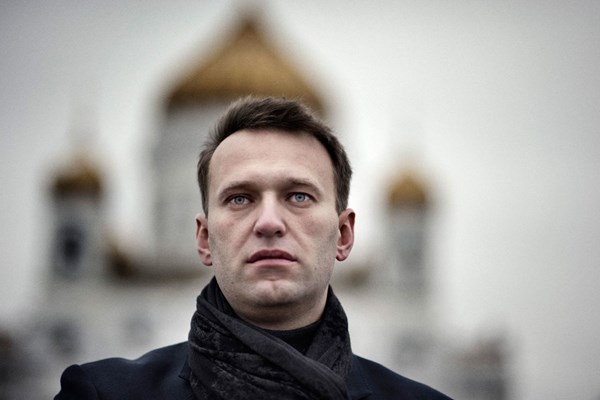Russian opposition leader Navalny and Bulgarian businessman Gebrev poisoned with same substance
Doctors from the German Hospital Sharite, who are treating the Russian opposition leader Alexei Navalny, contacted Bulgarian colleagues involved in the treatment of businessman Emelian Gebrev, who was poisoned in 2015 in Sofia. According to Der Spiegel, experts suggest that Navalny was exposed to a substance from the same family of organophosphates as Gebrev.
This family includes insecticides such as E605, as well as nerve toxins such as sarin and the even more potent drug Novichok, developed in Russian laboratories. The classic antidote is the injection of atropine. This is how Navalny is now treated.
On April 24, 2015, Gebrev was hospitalized after he lost consciousness at a reception he was hosting in Sofia. Around the same time, his son and one of the top managers of his company fell ill. All three were hospitalized with symptoms of severe poisoning. The Laboratory of the University of Helsinki, specializing in chemical poisons, was able to identify traces of two organophosphates, which indicated that the entrepreneur was poisoned with a nerve agent belonging to the Novichok family.
A month later, Gebrev came out of his coma and his condition began to improve. He later told Bellingcat and The Insider that his condition deteriorated again in May and he was taken back to hospital. When asked why he might be of interest to the GRU (the Russian Military Intelligence Directorate), Gebrev said that he saw only two possible motives: first, his company supplied weapons to Ukraine, and secondly, Russia wanted to appropriate a weapons factory under the control of his company. Earlier, The Insider, together with Bellingcat and Der Spiegel, was able to establish the real and operational names of all GRU officers involved in this operation, as well as to find out the circumstances and possible motives of the attack.
Navalny passed out on August 20 on board a plane en route from Tomsk to Moscow. The plane made an emergency landing at Omsk airport. The politician was hospitalized in the intensive care unit of the Omsk hospital. On the morning of August 22, he was transferred to Germany for treatment and taken to the Charite University Hospital in Berlin.
German doctors reported that clinical studies showed that Alexey Navalny was poisoned with a substance from the group of cholinesterase inhibitors. According to doctors, Navalny is still in a coma. "His condition is serious, but there is no acute threat to life."
German doctors also reported that Navalny’s full recovery remains uncertain. "The late effects, especially in the nervous system, are not currently ruled out," the doctors said.
At the same time, the Omsk Ministry of Health said that when Navalny was admitted to the hospital, there was no clinical symptoms typical of poisoning with a substance from the group of cholinesterase inhibitors.
